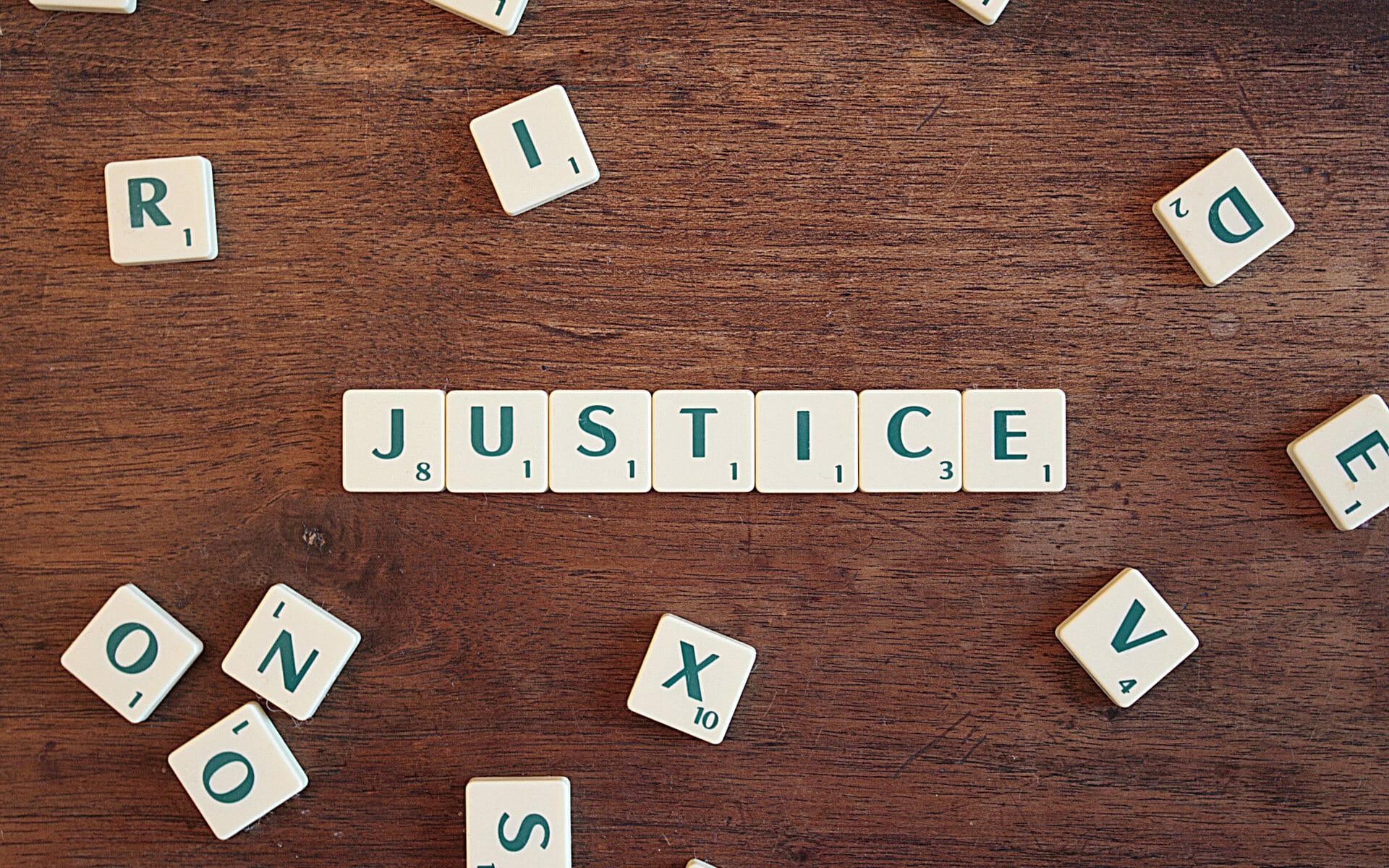Parenting is a challenging job. But when you throw divorce into the mix, it becomes even more complicated. As parents, we aim to teach our children valuable life lessons, but during a divorce, these teachings can often take a backseat.
This article will provide you with an in-depth guide to teaching valuable life lessons while you’re going through a divorce.
1. Embracing Change
Life’s a wild ride. One of the craziest rollercoasters you may find yourselves on is divorce within the family. It’s like suddenly the whole world shifts, and nothing feels quite the same anymore. This is your chance to show your children something very important.
You need to sit down with your children and discuss what’s happening. Let them know that change is just a part of our life. It’s scary, but it’s also exciting because it means new opportunities are around the corner.
Your little ones might be feeling all sorts of things right now – confused, scared, angry. And that’s okay. You should have to be there to listen, to reassure them that it’s normal to feel this way. You can show them that even when life throws us a curveball, there’s always something to learn from it.
As a parent you can even teach them to see the silver lining, to find the lessons hidden in the chaos. Because when they learn to do that, they’re building up their resilience. They’re learning that they can handle whatever life throws their way.
2. Fostering Positivity
During a divorce, it’s easy to get caught up in negative emotions. But it’s essential to model positivity for your children. Teach them the value of positive thinking and how it can transform their outlook. Explain to your children that optimism is a tool for resilience; it allows us to negotiate life’s challenges by admitting difficulties while also looking for silver linings. Encourage them to be grateful and to realize the lessons and progress that can come from difficult circumstances. By doing so, you’re not only helping them to cope with the current family changes but also imparting a lifelong approach to overcoming problems with a positive outlook.
3. Promoting Self-reflection
Divorce can provide an opportunity for self-reflection. Teach your children how to introspect and learn from their experiences. Encourage them to question their actions and motivations and understand their part in different situations. This can help them grow and avoid making similar mistakes in the future.
4. Being Respectful
Respect is a foundational value in any relationship. Even after a divorce, it’s important to maintain respect for your ex-spouse, especially in front of your children. Teach your children the value of respect and how it contributes to healthy relationships.
5. Forgiving Others
Forgiveness can be a hard lesson to teach, especially during a divorce. However, it’s an important one. Teach your children the power of forgiveness and how it can free them from the burden of resentment and anger.
6. Maintaining Open Communication
Open and honest communication is important during a divorce. You should teach your kid about the importance of open and friendly communication. In Fact during the divorce you can keep your children informed about the process in an age-appropriate manner. This can help them understand the situation better and alleviate any fears or uncertainties they may have.
7. Prioritizing Well-being
Teach your children the value of maintaining their physical, mental, and emotional health. Start by fostering healthy habits early on, such as regular exercise, balanced nutrition, and sufficient sleep. Encourage them to engage in activities they enjoy and to express their feelings openly.
8. Leading an Earth-friendly Life
Divorce can be an opportunity to teach your children about the importance of leading an earth-friendly life. Engage them in eco-friendly activities like planting a garden, recycling, or reducing energy use. This can provide a sense of accomplishment and purpose during a challenging time.
9. Understanding Impermanence
Teach your children that nothing lasts forever, including the pain of divorce. This lesson can provide them with a sense of hope and resilience during difficult times. Remind them that with time, things will get better and the pain they feel will lessen.
10. Practicing Mindfulness
Mindfulness can be a powerful tool during a divorce. Teach your children how to be present and aware of their surroundings. As well as tell them to notice the world around them and to stay focused on the present moment rather than worrying about the future.
11. Discussing Life Goals
Engage your children in discussions about their life goals. This can provide them with a sense of direction and purpose during a challenging time. Encourage them to envision their future and to plan steps towards achieving their goals.
12. Helping Others
Volunteering and helping others can provide a sense of fulfillment and purpose. It can also provide a distraction from the challenges of divorce. So, motivate your children to do acts of compassion and service, whether it’s helping a neighbor or volunteering at a local shelter.
Divorce is a challenging time for any family, but it can also provide an opportunity to impart valuable life lessons to your children. By modeling resilience, optimism, respect, and open communication, you can help your children navigate this difficult time and emerge stronger and wiser.





